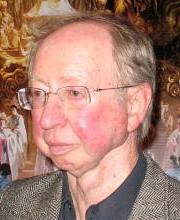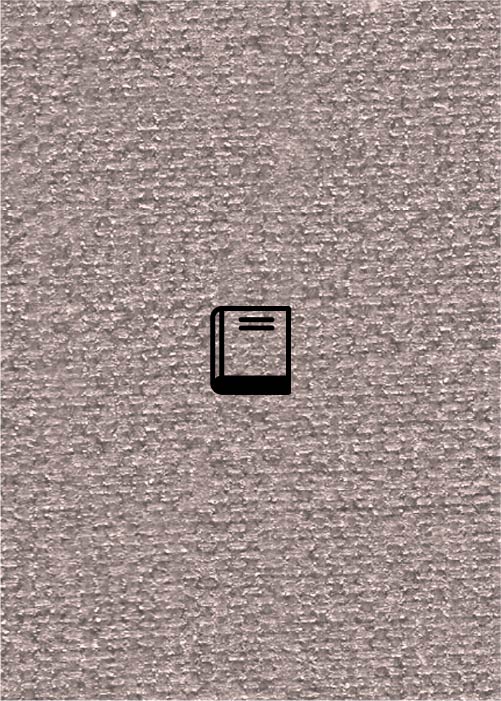Jehoash Hirshberg (1938–2025) was born in Tel Aviv. His father, Yitzhak, was a teacher, and translator, and his mother, Nechama, was an educator. From an early age, he was immersed in music, beginning with violin studies and later switching to the viola. As a member of the Gadna Youth Orchestra, he participated in a competition in the Netherlands, where the orchestra received a distinguished prize.
He pursued his academic and musical training at the Tel Aviv Academy of Music, earning a master’s degree in performance, theory, and conducting. His teachers included Mordecai Seter, Alexander Boskovich, and Paul Ben-Haim. In 1971, he completed his PhD at the University of Pennsylvania as a Fulbright Fellow, with a focus on 14th-century French music. During his time in the United States, he also served as a lecturer in the university’s Department of Music.
Returning to Israel, Hirshberg joined the Department of Musicology at the Hebrew University of Jerusalem. He served as chair of the department (1984–1990), founded the Interdisciplinary Program in the Humanities, and served as chair of the Institute for General Humanities. His academic leadership played a significant role in strengthening the status of musicology within Israeli higher education.
Hirshberg’s principal field of research was the development of art music in he Jewish community in Ottoman and British Palestine (the Yishuv) before 1948, and the early years of the State of Israel, with a focus on the lives and works of major composers. In addition, he researched medieval French and Italian music, Italian Romantic opera, and the Italian concerto.
Hirshberg played Baroque violin and later viola, participated in chamber ensembles, co-founded the Jerusalem Baroque Orchestra, and established the Hebrew University String Quartet. He initiated historical performances of forgotten Israeli works, most notably the oratorio Yoram by Paul Ben-Haim. He also worked to make music accessible to the broader public lecture series on Israeli radio and open courses such as Encounter with Opera and "Fridays at the Museum".
Besides subjects related to Western classical music, Hirshberg also engaged in ethnomusicology, studying the oral musical traditions of the Karaite Jews, a subject on which he published several articles. More than one hundred hours of his field recordings of Karaite music, made between 1979 and 2003, are preserved at the National Library of Israel.
Throughout his career, Hirshberg published approximately seventy works, including books, scholarly articles, and entries in international encyclopedias. See some of his publications on our website.
In recognition of his lifelong contribution to musicological scholarship and public culture, Hirshberg received numerous honors, including the Engel Prize (2011), the Ministry of Culture’s Lifetime Achievement Award (2021), and the Israel Prize in Music Research (2023).
Jehoash Hirshberg resided in Jerusalem with his family and passed away on April 11, 2025.
Sources
"Jehoash Hirshberg."Wikipedia. Accessed June 9, 2025. (Hebrew)
Belter, Tamara. “Jehoash Hirshberg, Israel Prize-Winning Musicologist, Dies at 87.” Haaretz, April 12, 2025. (Hebrew)





